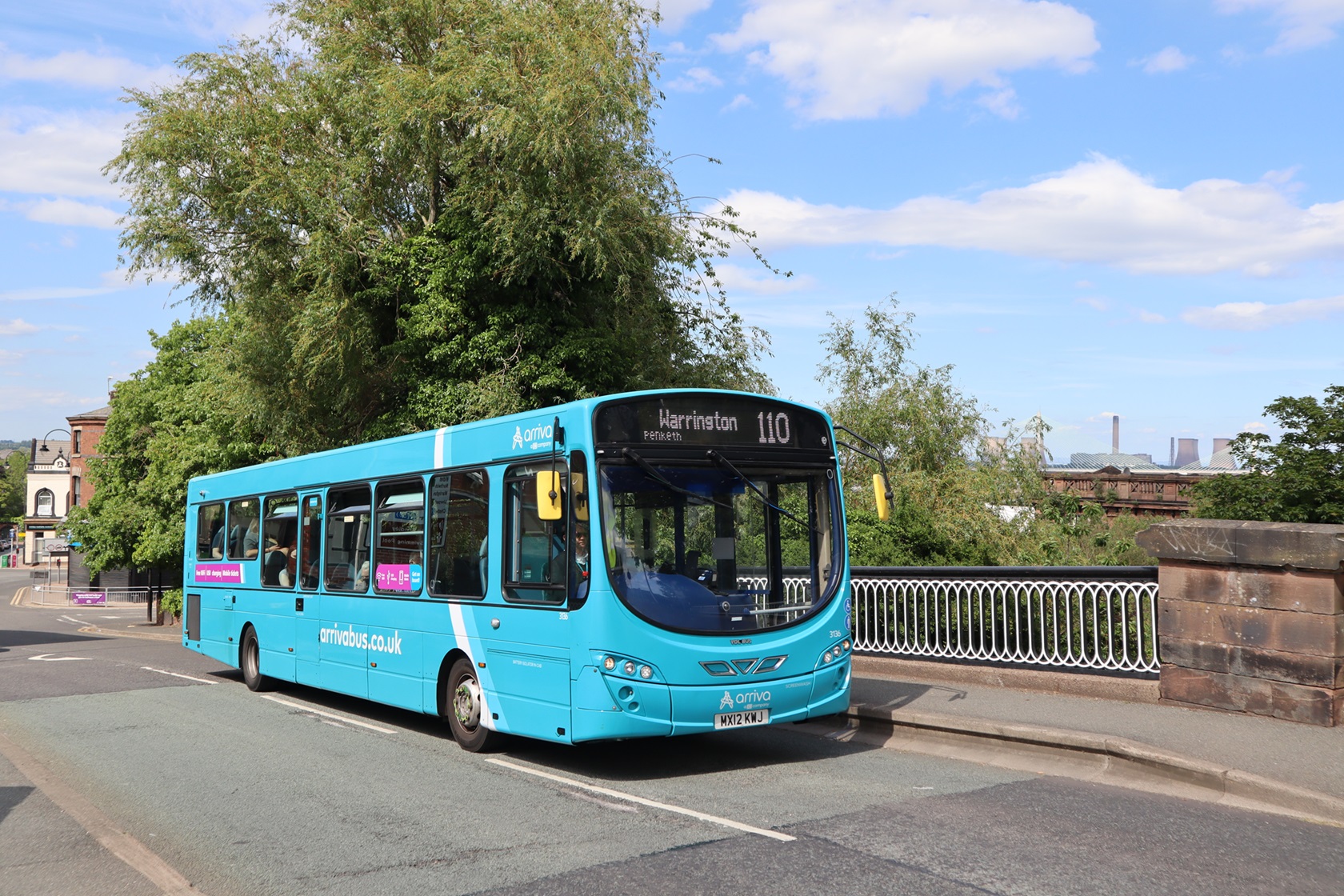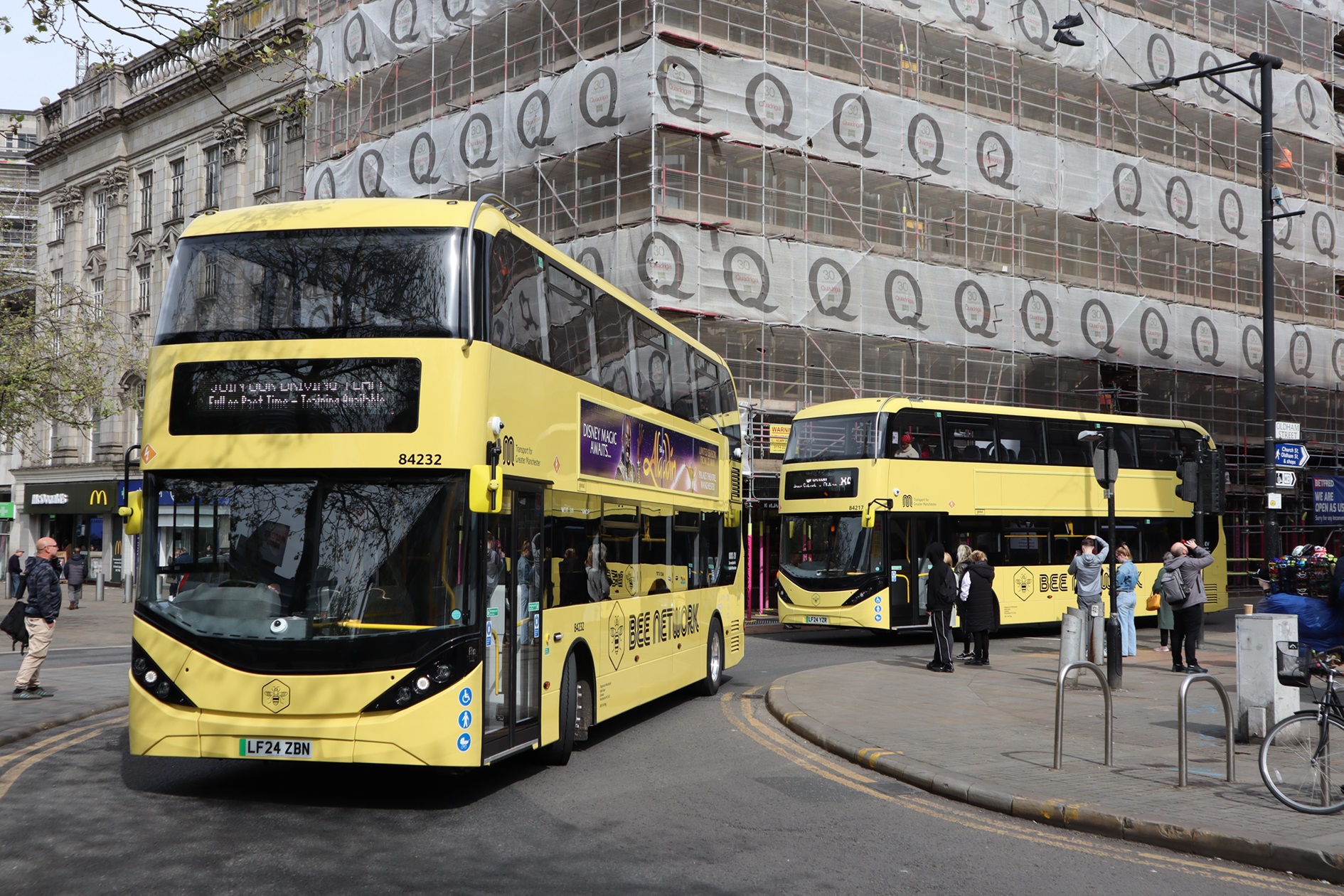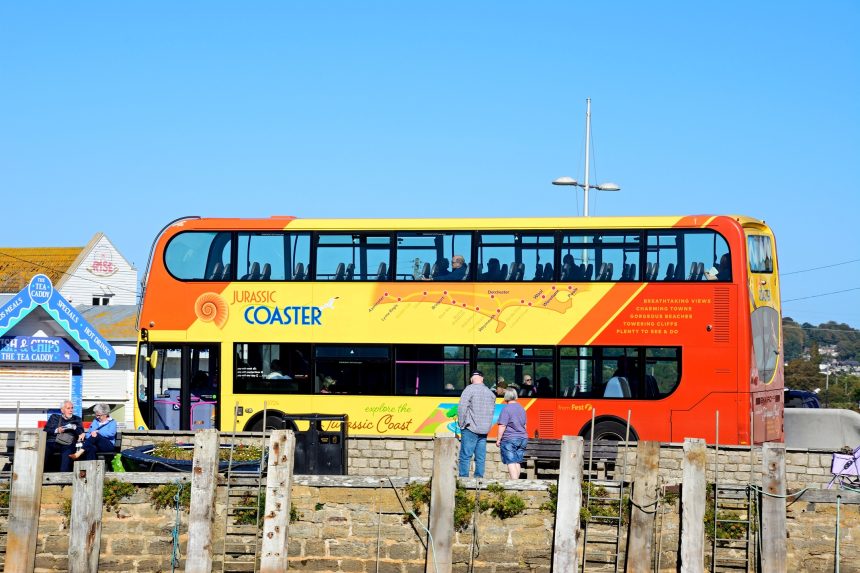England will see a “bus revolution” over the coming years after the new government wasted no time in promising to come good on aspirations to give local transport authorities (LTAs) powers to take greater control of services.
Such a move forms part of a five-point plan for buses. In addition to leveraging franchising and removing the ban on new municipal operators, funding for bus services will be reformed to give LTAs more control and flexibility.
As an indication that bus is to take a prominent place in transport policy for Keir Starmer’s administration, Secretary of State for Transport Louise Haigh will use her first official visit in that role to travel to Greater Manchester on 11 July and discuss how the conurbation’s rollout of bus franchising “can be replicated across the country.”
As part of that gathering, Ms Haigh will pledge to create and save routes across England and end what in remarkably strong commentary the Department for Transport (DfT) says is “a failed system of deregulation that has seen service levels plummet.”

DfT adds that the changes to come under a Labour government will end a “postcode lottery of bus services by providing safeguards over local networks across the country.”
It remains to be seen exactly what that means, although DfT says it will introduce more accountability over bus operators. The industry continues to call for a statutory and funded definition of essential bus services.
Ms Haigh will see how bus franchising in Greater Manchester has succeeded and hear of the challenges faced in its rollout. In accordance with long-held Labour plans, DfT will work to remove “unnecessary barriers” so that reregulation can be delivered faster.
Speaking about her plans, Ms Haigh says: “Bus services are the lifeblood of communities, but the system is broken. Too often, passengers are left waiting hours for buses that do not turn up – and some have been cut off altogether.
“Change starts now. This new government will give local leaders the tools they need to deliver better buses up and down the country. Our plan will create and save vital bus routes by giving every community the power to take back control of their bus services through franchising or public ownership.
“We are already seeing how the Bee Network is delivering for people across Greater Manchester – we will ensure that every community can enjoy the same benefits.”

In 2022, Mr Burnham said that the Greater Manchester Combined Authority would be “more than happy” to share its learnings on bus franchising with other locations. He says now that “we look forward to working with the government to put power back into the hands of local communities.”
Commenting on the new government’s plans, Confederation of Passenger Transport (CPT) CEO Graham Vidler notes that the bus industry supports the objective of improving services and the passenger experience.
However, he has underlined CPT’s call for stable, adequate and long-term funding for the sector and what is termed “a toolbox of options” for LTAs and operators to use to find the most appropriate position for reform. Preventing a hard end to the £2 bus fare cap in December is also a priority for the Confederation.
“We look forward to working hand in hand with the government to deliver change that benefits passengers across the whole county, prioritises buses in order to curb congestion and air pollution, and drives swifter progress towards the UK’s climate targets,” Mr Vidler concludes.



























